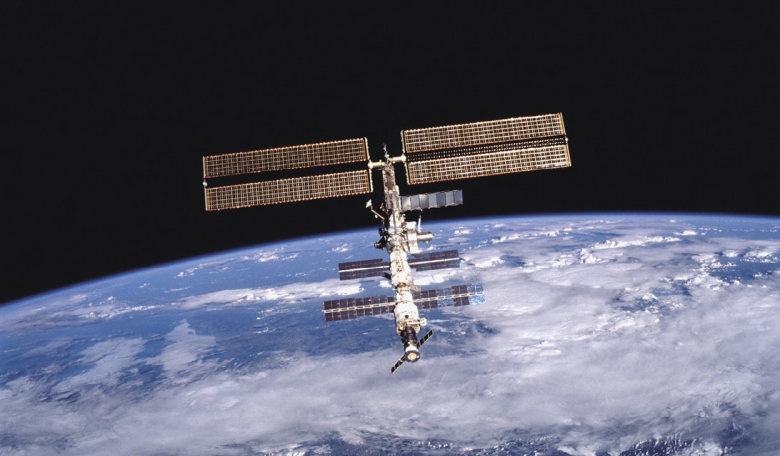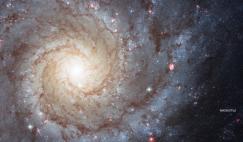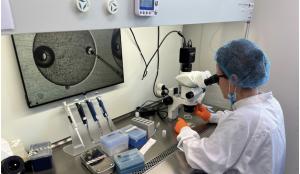A recent report from Russian manufacturer RSC Energia, the prime developer and contractor of the Russian crewed spaceflight program, states that a number of elements aboard the International Space Station are on the verge of catastrophic failure. The damage has become so serious, it will become too costly to repair and as such Russia should focus on completing its own orbital station instead, says Flight Director of the Russian Segment of the ISS, Vladimir Alekseevich Soloviev.
“Until 2025, Russia has obligations to participate in the International Space Station program. There are already a number of elements that are seriously affected by damage and are going out of service. Many of them are not replaceable. After 2025, we predict an avalanche failure of numerous elements on board the ISS,” said Soloviev, who is also the First Deputy Designer General for Flight Operations at Energia.
The comments were made by Soloviev during a meeting of the Russian Academy of Sciences Council on Space, which took place on 25 November, 2020 and were reported by Scientific Russia on their website.
Among the participants were President of the Russian Academy of Sciences and chair of the meeting, Alexander Mikhailovich Sergeev, former Director of the Space Research Institute of the Russian Academy of Sciences (IKI RAS), Lev Matveyevich Zeleny, Vice-President of the Russian Academy of Sciences Yuri Balega and Director of the Russian rocket and spacecraft scientific center, TsNIIMASH, Alexander Milkovskii.
During the discussion, the Flight Director also noted that estimates to fix the problems aboard the ISS would amount to around 10-15 billion rubles, a cost that was deemed “too high” by RSC Energia.
Instead, said Soloviev, it is necessary “to revise the terms of further participation in the program” and focus on the implementation of the Russian Orbital Service Station (ROSS), which is currently being developed at RSC Energia.
ROSS is expected to consist of three to seven modules that can either be run automatically or with a crew of two to four people. As the modules can be replaced, it would mean the station has an unlimited lifetime. The deployment of ROSS is expected at some point after 2024, but no exact dates have been mentioned.
The damning comments made by Soloviev were quickly circulated by Russian media as an indirect suggestion by the Flight Director that RSC Energia wanted to terminate the countries participation in the International Space Station programme.
This was later renounced by the Roscosmos Press Service who were forced to issue an official denial of the information within a few hours of the news hitting mainstream Russian media.
The quote of RSC Energia First Deputy Designer General for Flight Operations Vladimir Solovyov, “contradicts the reality” said the official refutation by Roscosmos, adding his comments were “of informational nature and did not contain proposals to terminate participation in the ISS.”
The refutation went on to say that the operational lifetime of the ISS “depends on both technical and political issues being discussed with partners.” Either way, said Roscosmos, the agency is planning to begin consultations with NASA and other partners on these topics early next year.
Interestingly, the refutation by Roscosmos did not deny Solovyov’s comments on the apparent ruinous state of the ISS.
Instead, the space agency’s press service reaffirmed that Roscosmos is awaiting proposals and an engineering note from RSC Energia on the new multifunctional orbital station. After consideration by the Roscosmos Scientific and Technical Council, the project will then be discussed with the Government, the refutation says.
The ISS has this year been plagued by an ongoing air leak and has had to move three times in 2020 alone to avoid debris. However, last year NASA said it was considering allowing two short-duration private astronaut missions per year to the space station to boost off-world economy; the US agency has even published detailed guidelines for private companies wishing to apply for use of the ISS. These can be read here.











